What is container management?
IT container management
Container management is the process of automating and orchestrating the deployment, management, and scalability of containers, applications, and services in an IT environment. It ensures simplified management and efficient use of resources.
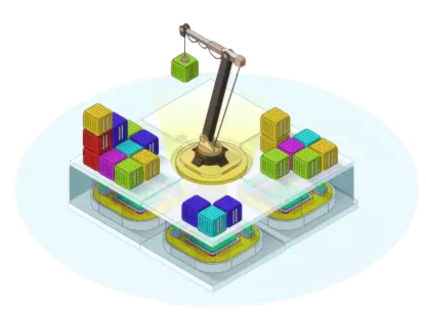
Definitions
Container:
A standardized software unit that encapsulates code and all its dependencies so that the application can run quickly, reliably, and consistently across different computing environments.
Kubernetes® :
An open-source orchestration system that automates the deployment, scaling, and management of containerised applications.
Orchestration:
A process for automating container management, deployment, tiering, networking and availability.
Cluster:
A collection of virtual machines, or nodes, that run containerised applications.
Docker:
Popular platform for developing, shipping and running applications using container technology.
Microservices:
An architecture where applications are broken down into small, independent services that communicate with each other via APIs.
The importance of container management in IT
IT container management has become essential to improve resource utilization efficiency, facilitate application deployment and scaling, and enhance the security of development and production environments. Containers enable more efficient use of resources than traditional virtual machines because they share the same host operating system, eliminating situations of environmental inconsistencies, and consuming fewer resources. Application deployment and scaling is simplified and streamlined, which is a real advantage, especially for microservice-based architectures. Ideal for reliably updating applications with support for Devops and CI/CD practices (continuous integration and deployment), container management also improves security by running each container in isolation.
Thanks to IT container management, companies can develop and deploy applications in an agile and secure way, while controlling their budget. This ensures they can innovate quickly while maintaining operational efficiency.
What is a container platform?
A container platform is a software system for creating, deploying, managing and orchestrating containers. It provides the tools to automate, deploy, scale and integrate these containers.
A container platform can be used to manage processes such as container image creation and management, orchestration and automation, integration with legacy infrastructure, security and compliance, and network support and storage.
Docker, Kubernetes and Red Hat OpenShift are popular container platforms. They play a key role in container usage, making application development, deployment and management more efficient and reliable.
What are container tools?
Tools for cloud containers include orchestration systems like Kubernetes, service platforms like Docker, as well as tools for monitoring, security, and network management such as Prometheus, Grafana, and Calico.
At OVHcloud, several container management orchestration tools are available:
Managed Kubernetes Service
Orchestrate your containerised applications with a CNCF-certified K8S cluster
Workflow Management
Automate your tasks to operate cloud resources based on your business logic, and adapt them to suit any situation
Managed Private Registry
Manage a repository for your software building blocks, in the form of Docker images or Helm charts
Load Balancer for Managed Kubernetes Services
Manage variations in activity by distributing traffic across multiple resources
How do I set up a container management strategy?
It’s important to establish a container management strategy to maximize the benefits of this technology while minimizing the budgetary and human costs to your business.
1. Define and analyze your needs and objectives
By assessing your organisation’s current and future needs, you can set clear goals for using containers, You can anticipate your needs in terms of scalability, development efficiency or portability of your applications.
2. Choosing the right tools and platforms
To establish an optimal container management strategy, opt for a containerization platform (such as Docker) and an orchestrator (such as Kubernetes), then integrate monitoring, configuration management tools, etc.
3. Develop security and compliance policies
By quickly setting guidelines for vulnerability management or access controls, for example, you can ensure the security of your containers. By doing so, you can also ensure compliance with applicable standards and regulations as soon as your strategy is in place.
4. Plan resource management
Define a strategy for resource allocation based on the scalability needs you have previously identified.
5. Setting up a monitoring and logging system
You can implement a logging system for better traceability, and set up monitoring tools to track the performance, health and resource usage of your containers.
6. Create a lifecycle management process
Establish lifecycle procedures for your containers, from update to deployment to retirement. Schedule audits to assess their effectiveness and make adjustments as needed.
What are the advantages of container management?
There are many advantages to container management. A container guarantees consistency and portability for your applications, which work identically in different environments, for development and testing as well as for deployment. Containers can also be used to manage system resources more efficiently. Because virtual machines are lighter than traditional virtual machines, you run more applications on a small set of hardware data. The speed of container development and scalability is also very useful, especially for applications based on microservices and cloud computing environments. Each container runs independently to ensure isolation and increased security, greatly reducing the risk that one process will affect others. Another unique benefit of containers is that they facilitate continuous integration and continuous delivery (CI/CD) for reliable and frequent updates. This simplifies your maintenance processes, while providing a standardized development environment with fewer dependencies, improving your developers’ productivity. Finally, the flexibility of programming language and framework choices helps to limit your teams’ training needs. This way, you can optimize your production environments, modernize your applications, improve your efficiency, and accelerate your company's product development while reducing your application hardware requirements. Your budget is under control!
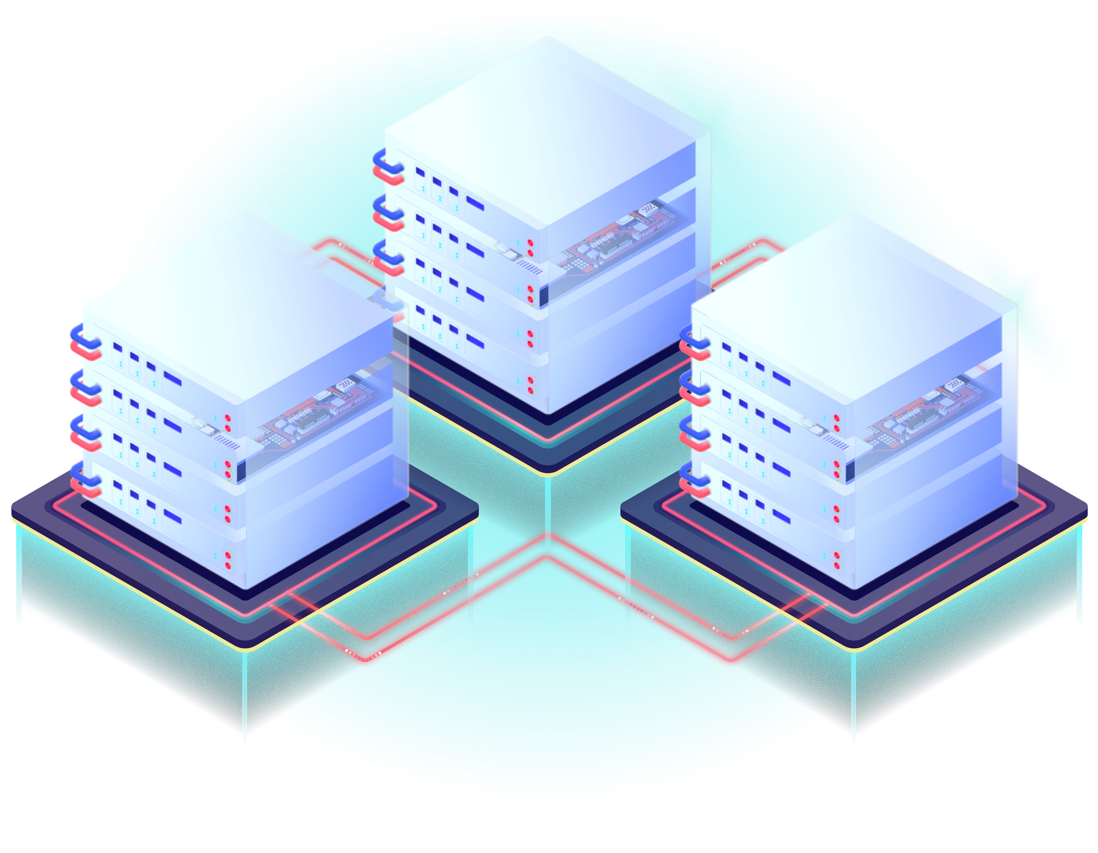
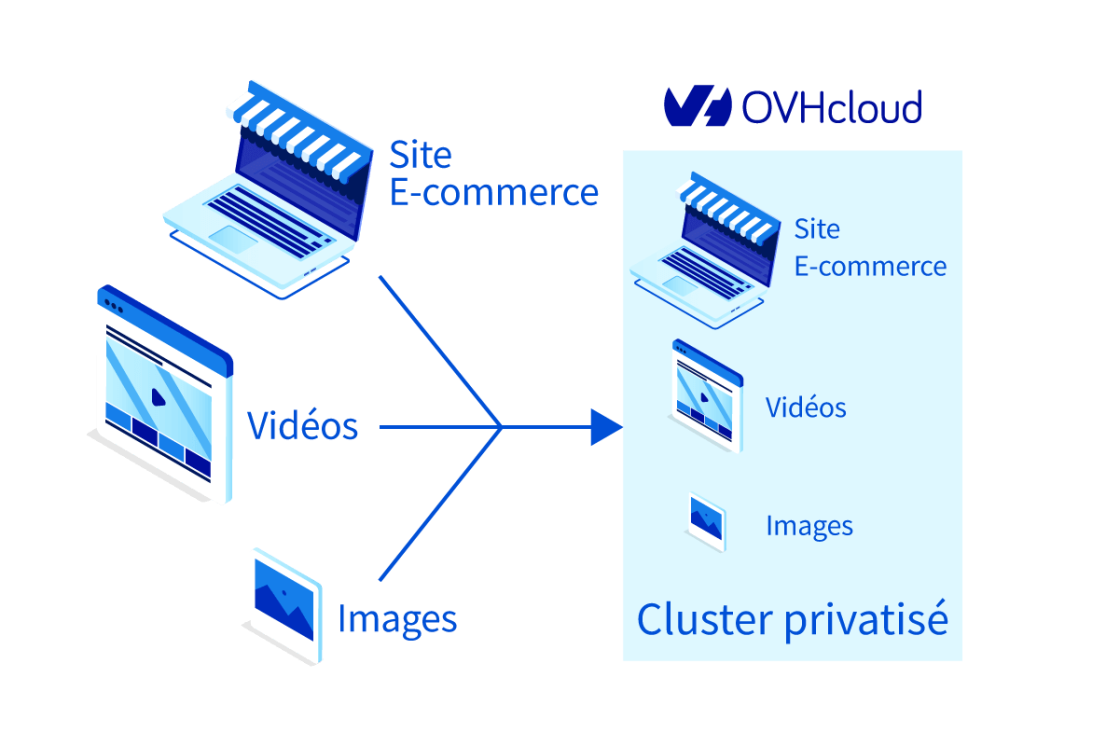
How do I store and manage containers?
Storing and managing containers properly involves using secure container registries, such as Docker, to store images. If you need increased control and security, you can also use private registries. In addition, it is important to apply tags to best manage the different versions of container images, and adopt a consistent versioning policy for tracking and deploying applications. You can also regularly perform security scans of your images to detect potential vulnerabilities and ensure they have the latest security patch. With orchestration tools like Kubernetes, you automate container deployment, scaling, and management. In addition to all these elements, it is also important to monitor the health and performance of your containers. To do this, tools such as Prometheus or Grafana are available for monitoring. To manage your containers properly, you can also use persistent volumes to ensure that your sensitive data remains secure and backed up. This way, you can effectively plan your resources to allocate only those resources that are necessary for your usage and growth forecasts. Finally, it is important to document and standardize your procedures for consistent and effective container management of your infrastructure. This way, you can ensure security and backup for your sensitive data.
OVHcloud and container management
OVHcloud offers solutions for container management, including hosting, orchestration and security services. These solutions enable companies to deploy, manage and scale their containerised applications securely and efficiently in the cloud.
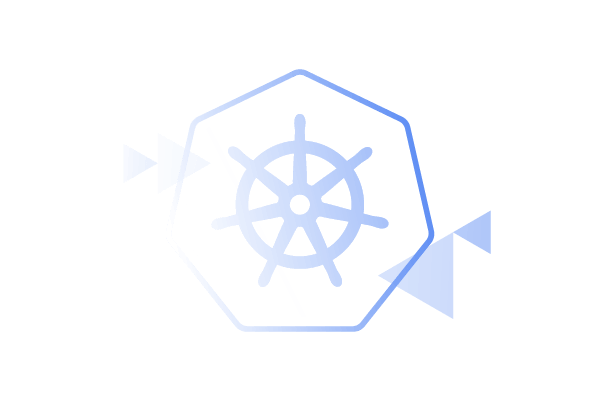
What is Kubernetes?
Kubernetes (or K8s) is one of the most popular container orchestration tools on the market. It is an open-source orchestrator that enables users to manage application containers. This type of architecture offers high stability for your applications and software, by making them more resilient and scalable. They are also deployed, updated and operated simply and automatically.
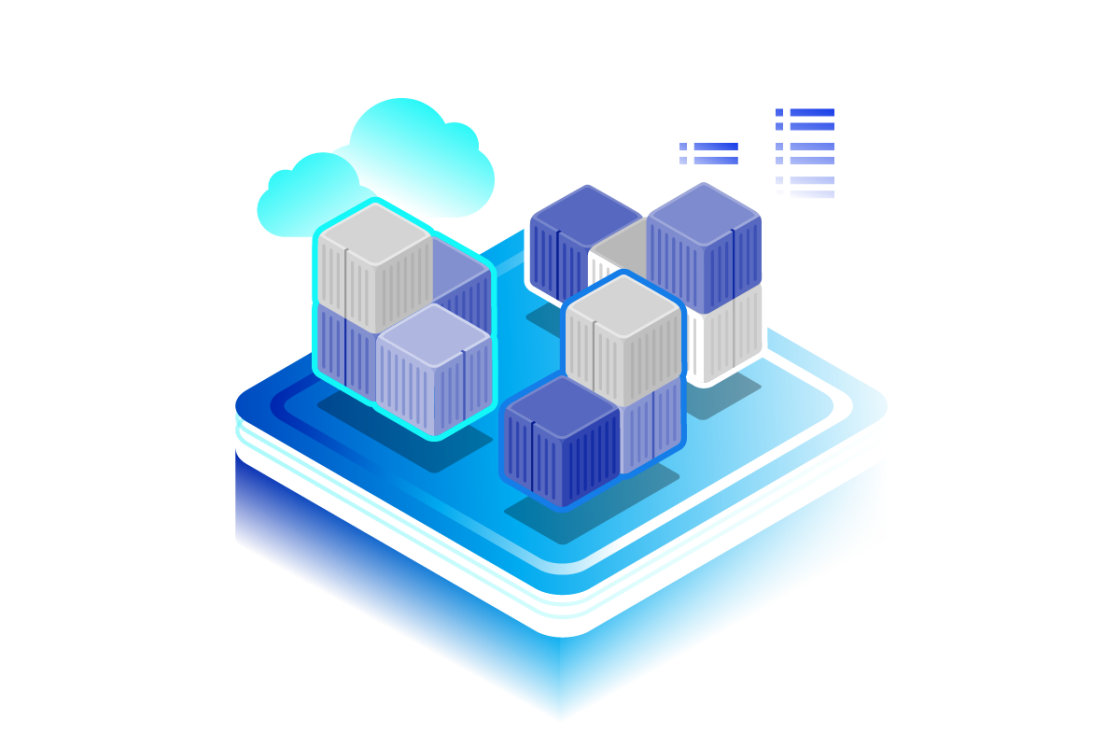
Managed Rancher Service
Simplify the deployment, management, and continuous improvement of your containerised applications in a Kubernetes environment. This service simplifies multi-cluster management in Kubernetes, particularly when using multi-cloud or hybrid environments.

A comprehensive range of solutions to store your data
There are sometimes constraints that will depend on the type of data you need to store and what it is used for — so an adapted solution is required. Whether you need an object storage solution, block storage, a long-term archiving space, or a backup solution for Public Cloud volumes and instances, OVHcloud offers cloud storage solutions to suit all your needs.